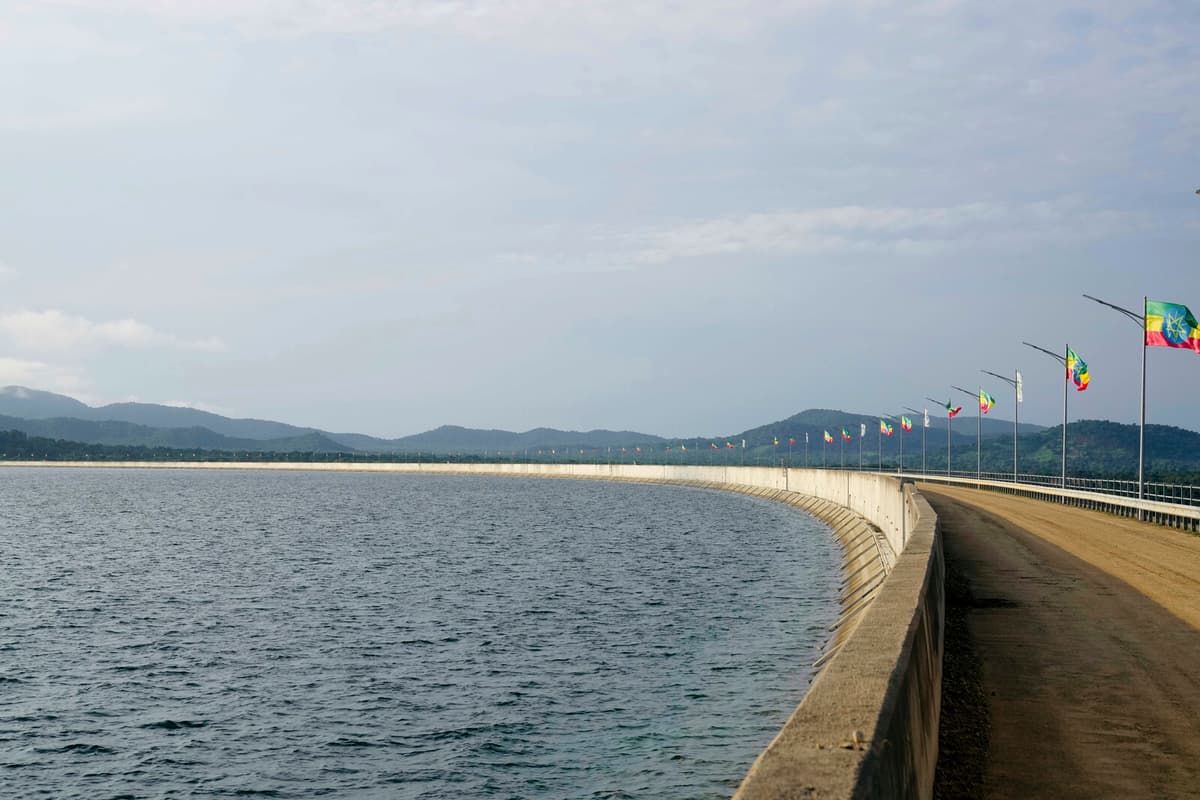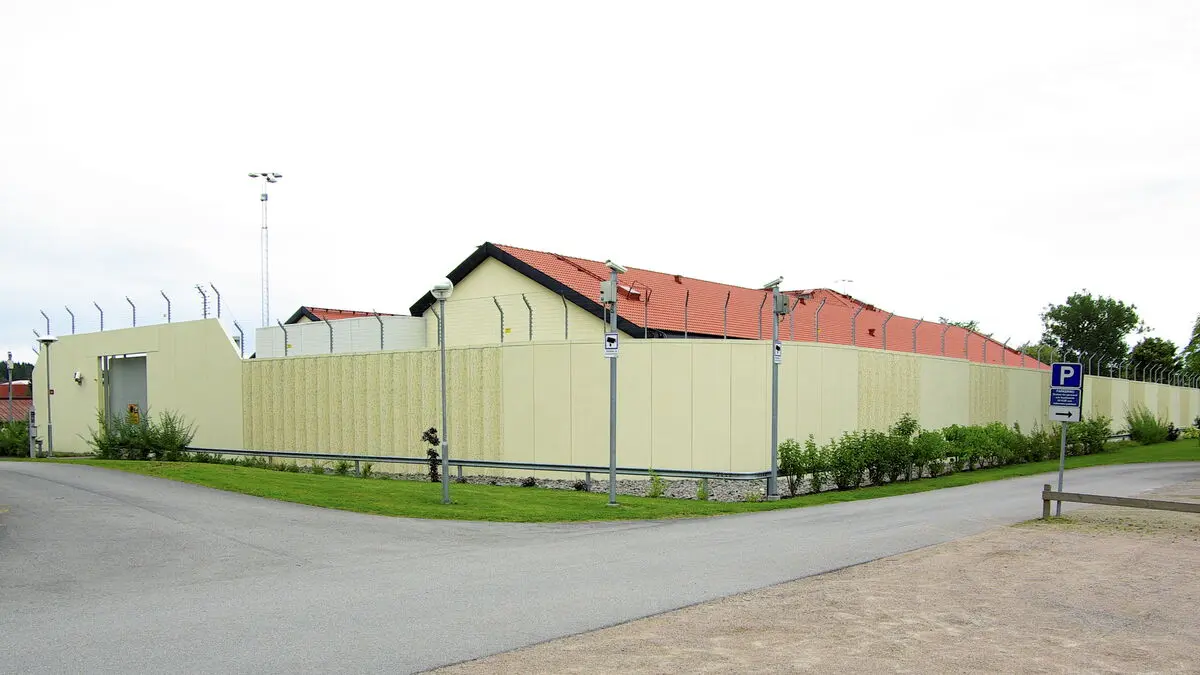Prime Minister Abiy Ahmed had invited heads of state and government from neighboring countries such as Kenya, Somalia, and South Sudan, as well as the leader of the African Union, Mahmoud Ali Youssouf, to Tuesday's grand opening of the Grand Ethiopian Renaissance Dam. The dam, abbreviated in English as Gerd, is being built on the Blue Nile tributary.
The dam's estimated capacity of 5 gigawatts corresponds to about five nuclear reactors. The construction has been going on for 15 years and has been surrounded by controversy. The Nile flows from Ethiopia via Sudan into Egypt, and especially the latter country has reacted to the fact that the dam changes the water situation for the entire region.
Whoever thinks that Egypt will ignore its water rights is mistaken, said Egyptian President Abd al-Fattah al-Sisi to the media in August.
Dissatisfied Egypt
But the Ethiopian government is instead focusing on the fact that the dam will revolutionize the electricity supply. Almost half of Ethiopia's 130 million inhabitants have not yet been reached by the power grid at all, and even among the capital's population, many are forced to endure constant power outages, reports the news agency AFP from Addis Ababa.
At the same time, Ethiopia became the first country in the world to completely ban new petrol and diesel cars last year. Bus traffic in Addis Ababa already runs on electricity, and Chinese electric car manufacturers are investing in taking over the passenger car market.
The shift is motivated by the environment and climate, but also by security policy. Ethiopia has no coast, and fossil fuels are imported via the neighboring country of Djibouti – opposite the chaotic Yemen and at the entrance to the geopolitically sensitive Red Sea.
Often fuel shortage
After many years of recurring warnings of fuel shortages, Ethiopians now hope that a stable electricity supply will gradually take over.
I was tired of queuing to refuel, says 36-year-old Kemeriya Mehammed Abduraheman, who tells of sometimes several hours of fuel queues.
Now she has bought an electric car from the Chinese company BYD. It was expensive, but still means savings on several levels, she tells AFP's correspondent.
It is cheaper to operate, and I also save time when I avoid queuing for fuel.
The ban only applies to new cars, and the transition is expected to take time. So far, seven percent of the vehicles are electric. The goal is to reach at least 30 percent within ten years, according to Bareo Hassen Bareo at Ethiopia's transport department.






